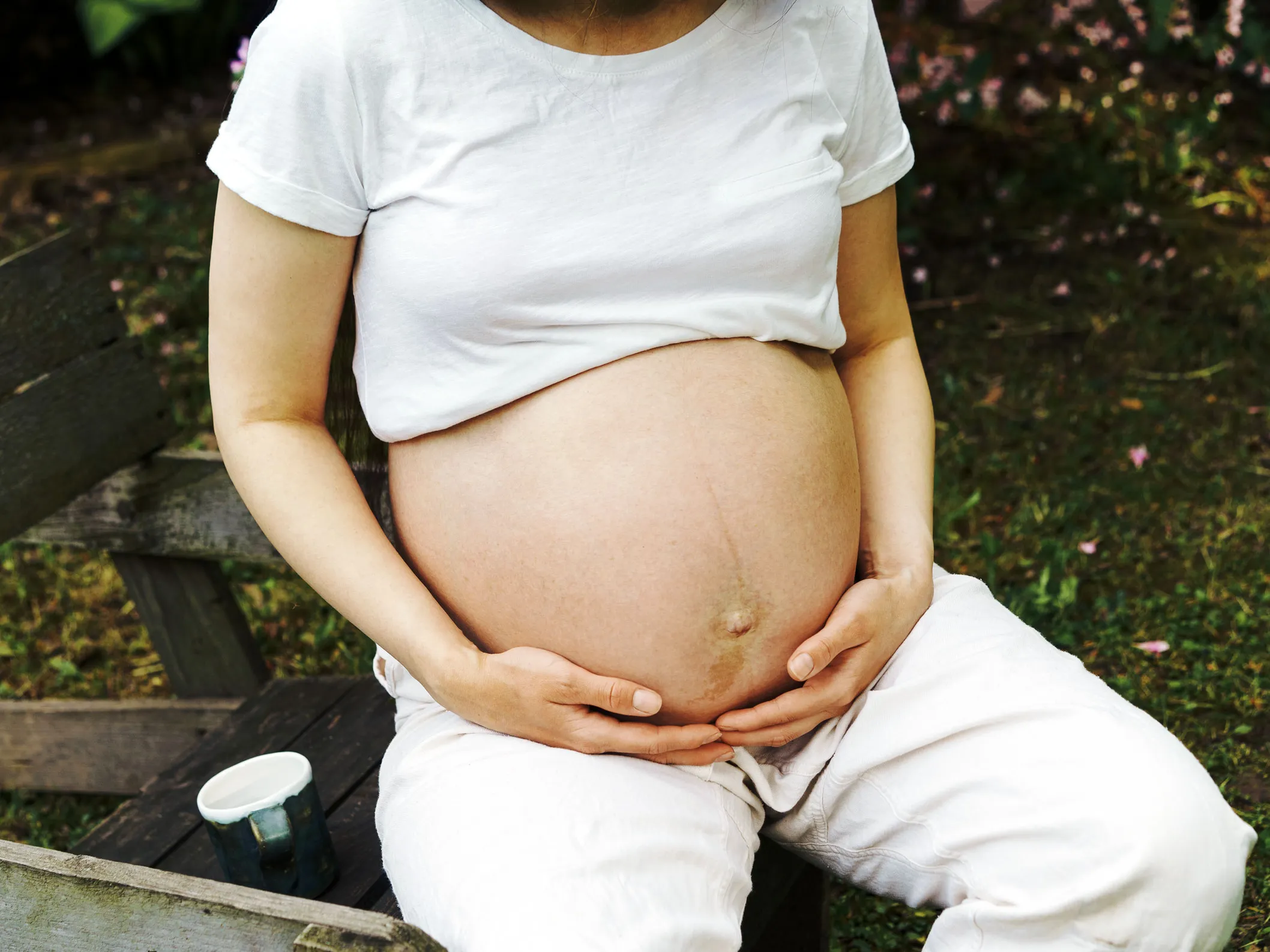The United States is in the midst of a summer marked by intense heat, and recent research is underscoring the heightened risks this poses for pregnant women.
Exposure to prolonged high temperatures—defined as 95 degrees Fahrenheit or above for three consecutive days or more—can increase the likelihood of complications such as sepsis, hemorrhage, and clotting disorders by up to 27% in pregnant women, according to new findings published Thursday in the Journal of the American Medical Association (JAMA).
The study, based on data from over 400,000 pregnancies in Southern California, also revealed that heat exposure during the final week of pregnancy raises the chances of life-threatening delivery complications.
Researchers classified heat exposure, particularly in the last trimester, as a significant risk factor for “severe maternal morbidity.”
This research gains particular relevance amidst the current record-breaking temperatures affecting millions of Americans nationwide.
Just this week, 19 states spanning from Maine to California are under extreme heat advisories, with temperatures forecasted to soar to 106 degrees in Dallas, 97 degrees in Raleigh, North Carolina, and 96 degrees in Washington, D.C.
Phoenix is also poised to surpass its record for consecutive days with temperatures exceeding 110 degrees, having already experienced 52 such days this year alone, nearing the previous record of 53 days set in 2020.
The latest study published in JAMA builds upon earlier research linking environmental conditions to maternal and infant health outcomes, underscoring the urgent need for awareness and precautions.

Pregnant women face increased vulnerability to heat-related illnesses due to the added physiological strain of cooling both their own bodies and their developing babies, as highlighted by the Centers for Disease Control and Prevention.
Dehydration, exacerbated by pregnancy, further compromises their ability to regulate body temperature.
A 2020 study in the journal Nature estimated that heat exposure contributed to approximately 25,000 premature births annually between 1969 and 1988.
Other research has indicated that high ambient temperatures elevate the risk of preterm births, while air pollution can impact birth weight in certain populations.
Dr. Jennifer Ashton, ABC News chief medical correspondent and OB/GYN, advises pregnant individuals to minimize outdoor exposure during extreme heat episodes.
She recommends staying indoors in air-conditioned environments whenever possible. For unavoidable outdoor trips, Ashton suggests using ice packs to cool areas like the armpits and neck to prevent overheating.
Ashton emphasizes the swift progression from heat exhaustion—marked by symptoms like nausea, fatigue, and heavy sweating—to more severe heat stroke, characterized by a body temperature of 103 degrees or higher, which demands immediate medical attention in an emergency room setting.
The findings underscore the critical importance of proactive measures and heightened vigilance to safeguard the health of pregnant women amidst increasingly extreme weather patterns linked to climate change.
